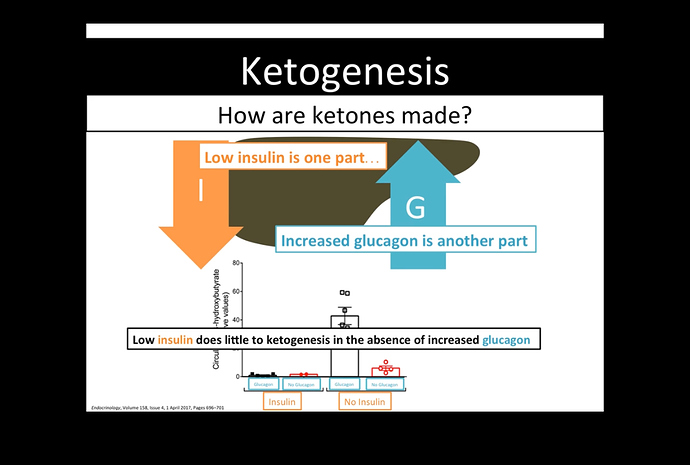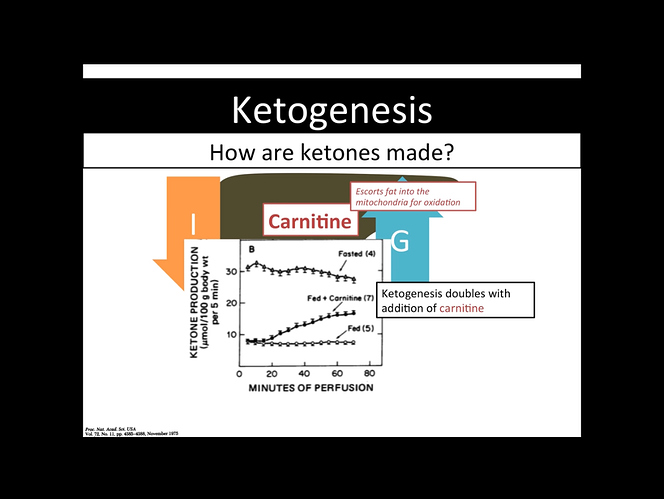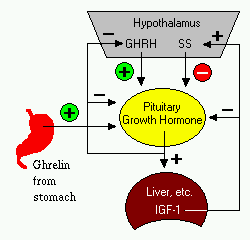GA Bray, SR Smith, L de Jonge, H Xie, J Rood, CK Martin, M Most, C Brock, S Mancuso and LM Redman,
JAMA, Jan 2012 04
The role of diet composition in response to overeating and energy dissipation in humans is unclear.To evaluate the effects of overconsumption of low, normal, and high protein diets on weight gain, energy expenditure, and body composition.A single-blind, randomized controlled trial of 25 US healthy, weight-stable male and female volunteers, aged 18 to 35 years with a body mass index between 19 and 30. The first participant was admitted to the inpatient metabolic unit in June 2005 and the last in October 2007.After consuming a weight-stabilizing diet for 13 to 25 days, participants were randomized to diets containing 5% of energy from protein (low protein), 15% (normal protein), or 25% (high protein), which they were overfed during the last 8 weeks of their 10- to 12-week stay in the inpatient metabolic unit. Compared with energy intake during the weight stabilization period, the protein diets provided approximately 40% more energy intake, which corresponds to 954 kcal/d (95% CI, 884-1022 kcal/d).Body composition was measured by dual-energy x-ray absorptiometry biweekly, resting energy expenditure was measured weekly by ventilated hood, and total energy expenditure by doubly labeled water prior to the overeating and weight stabilization periods and at weeks 7 to 8.Overeating produced significantly less weight gain in the low protein diet group (3.16 kg; 95% CI, 1.88-4.44 kg) compared with the normal protein diet group (6.05 kg; 95% CI, 4.84-7.26 kg) or the high protein diet group (6.51 kg; 95% CI, 5.23-7.79 kg) (P = .002). Body fat increased similarly in all 3 protein diet groups and represented 50% to more than 90% of the excess stored calories. Resting energy expenditure, total energy expenditure, and body protein did not increase during overfeeding with the low protein diet. In contrast, resting energy expenditure (normal protein diet: 160 kcal/d [95% CI, 102-218 kcal/d]; high protein diet: 227 kcal/d [95% CI, 165-289 kcal/d]) and body protein (lean body mass) (normal protein diet: 2.87 kg [95% CI, 2.11-3.62 kg]; high protein diet: 3.18 kg [95% CI, 2.37-3.98 kg]) increased significantly with the normal and high protein diets.Among persons living in a controlled setting, calories alone account for the increase in fat; protein affected energy expenditure and storage of lean body mass, but not body fat storage.clinicaltrials.gov Identifier: NCT00565149.






